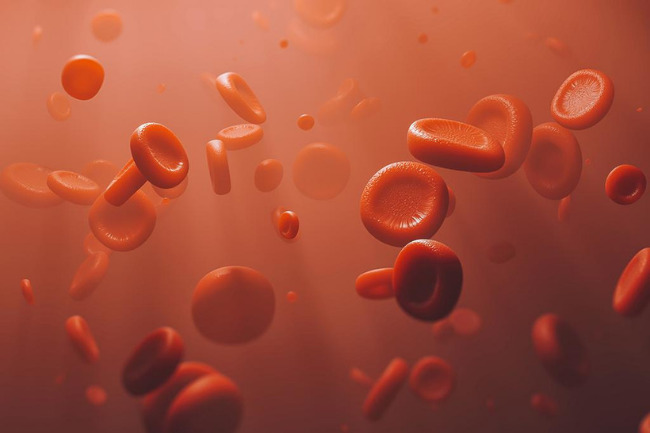Posts com a Tag ‘Pensamento Europeu’
Blood Matters: Studies in European Literature and Thought/ 1400-1700 | Bonnie Lander Johnson e Eleanor Decamp
Sangue | Imagem: Classen Rafael / EyeEm/Getty Images/Superinteressante
This interdisciplinary collection of essays, emerging from a conference held at Oxford University and edited by scholars with interests in literature and medicine in early modern England, seeks to establish how the inhabitants of late medieval and early modern Western Europe defined blood, and to uncover how references to blood were deployed in descriptions of the human condition across various literary forms. The volume is divided into five thematic sections. As will be discussed later in this review, though, there are connections between essays in different parts of the volume, and around two-thirds of the contributors (11) hold positions in departments of English or Literary Studies, while a smaller number define themselves as cross-disciplinary scholars or reject disciplinary labels completely. Many authors focus on English-language texts produced in England, but several essays draw on evidence from other parts of Western Europe, or incorporate material from texts translated into English from other languages, particularly French, German, and Italian.
Section one, on circulation, begins with Margaret Healy critiquing the work of Christopher Hill, who argued that William Harvey ‘dethroned’ the heart in his writings after 1649 and afforded primacy to ‘democratic’ blood. Healy demonstrates that Harvey in fact emphasised the importance of both heart and blood throughout his career; that ideas about circulation as a beneficial phenomenon dated back to ancient Egypt and were promoted in the Renaissance by Hermetic and Platonic philosophers; and that circulation as a political concept featured in the writings of diverse philosophers, such as Thomas Hobbes, James Harrington, Gerrard Winstanley, and Daniel Defoe. Jumping back in time to Renaissance Italy, Heather Webb explores how the movement of blood and blood-based spirit through and out of the bodies of late medieval Christians was imagined in the writings of Dante and Catherine of Siena as a means of binding individuals into spiritual and social communities, while Katherine Craik uses evidence from 2 Henry IV and Henry V to demonstrate how characters in these plays reinforce and undermine differences of class, with notions that noble blood was more refined and precious being challenged by the ways in which the blood shed by different sorts of men was depicted intermingling on imagined battlefields. Leia Mais


